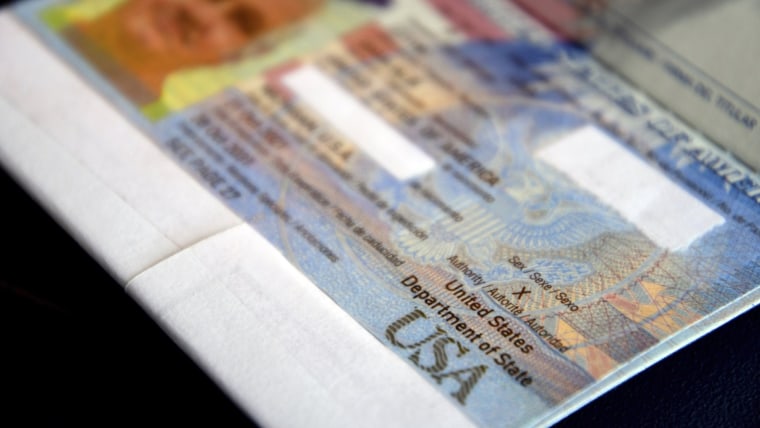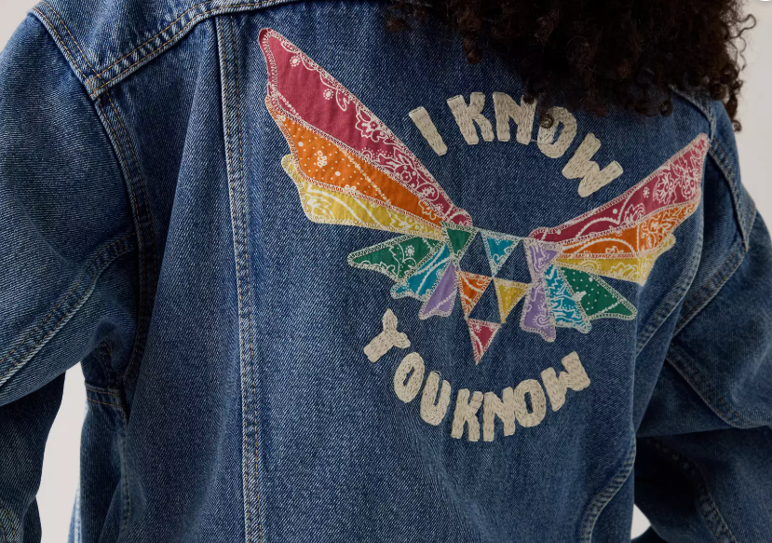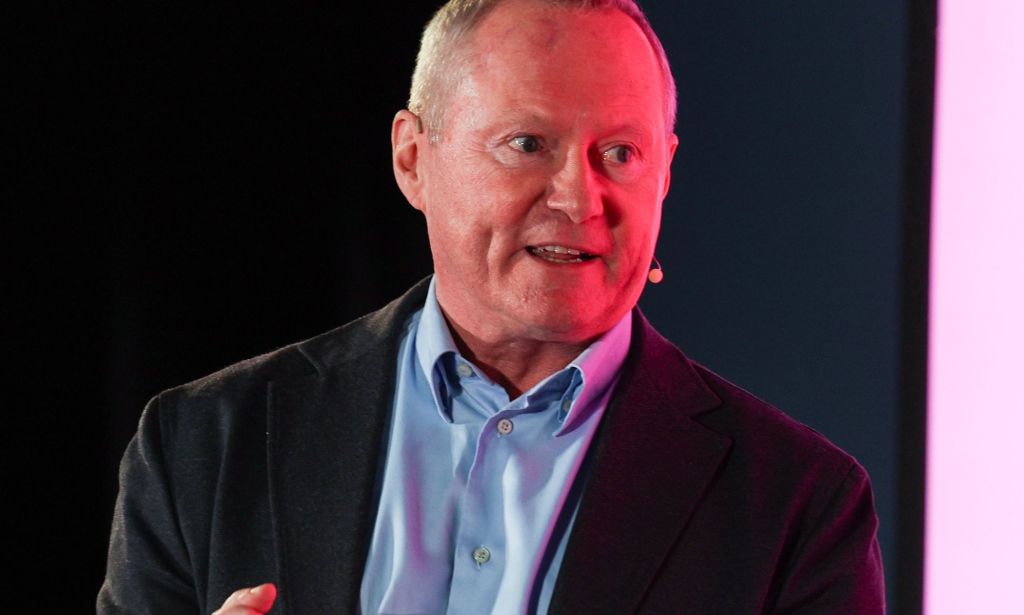Judge says Trump administration can’t limit passport sex markers for many transgender, nonbinary people
A federal judge has blocked the Trump administration from limiting passport sex markers for many transgender and nonbinary Americans.
Tuesday’s ruling from U.S. District Judge Julia Kobick means that transgender or nonbinary people who are without a passport or need to apply for a new one can request a male, female or “X” identification marker rather than being limited to the marker that matches the gender assigned at birth.
In an executive order signed in January, the president used a narrow definition of the sexes instead of a broader conception of gender. The order said a person is male or female and rejected the idea that someone can transition from the sex assigned at birth to another gender.

Kobick first issued a preliminary injunction against the policy last month, but that ruling applied only to six people who joined with the American Civil Liberties Union in a lawsuit over the passport policy.
In Tuesday’s ruling she agreed to expand the injunction to include transgender or nonbinary people who are currently without a valid passport, those whose passport is expiring within a year, and those who need to apply for a passport because theirs was lost or stolen or because they need to change their name or sex designation.
The White House did not immediately respond to a request for comment.
Follow live politics coverage here
The government failed to show that blocking its policy would cause it any constitutional injury, Kobick wrote, or harm the executive branch’s relations with other countries.
The transgender and nonbinary people covered by the preliminary injunction, meanwhile, have shown that the passport policy violates their constitutional rights to equal protection, Kobick said.
“Even assuming a preliminary injunction inflicts some constitutional harm on the Executive Branch, such harm is the consequence of the State Department’s adoption of a Passport Policy that likely violates the constitutional rights of thousands of Americans,” Kobick wrote.
Kobick, who was appointed by former President Joe Biden, sided with the ACLU’s motion for a preliminary injunction, which stays the action while the lawsuit plays out.
“The Executive Order and the Passport Policy on their face classify passport applicants on the basis of sex and thus must be reviewed under intermediate judicial scrutiny,” Kobick wrote in the preliminary injunction issued earlier this year. “That standard requires the government to demonstrate that its actions are substantially related to an important governmental interest. The government has failed to meet this standard.”
In its lawsuit, the ACLU described how one woman had her passport returned with a male designation while others are too scared to submit their passports because they fear their applications might be suspended and their passports held by the State Department.
Another mailed in their passport Jan. 9 and requested to change their name and their sex designation from male to female. That person was still waiting for their passport, the ACLU said in the lawsuit, and feared missing a family wedding and a botany conference this year.
In response to the lawsuit, the Trump administration argued that the passport policy change “does not violate the equal protection guarantees of the Constitution.” It also contended that the president has broad discretion in setting passport policy and that plaintiffs would not be harmed since they are still free to travel abroad.



